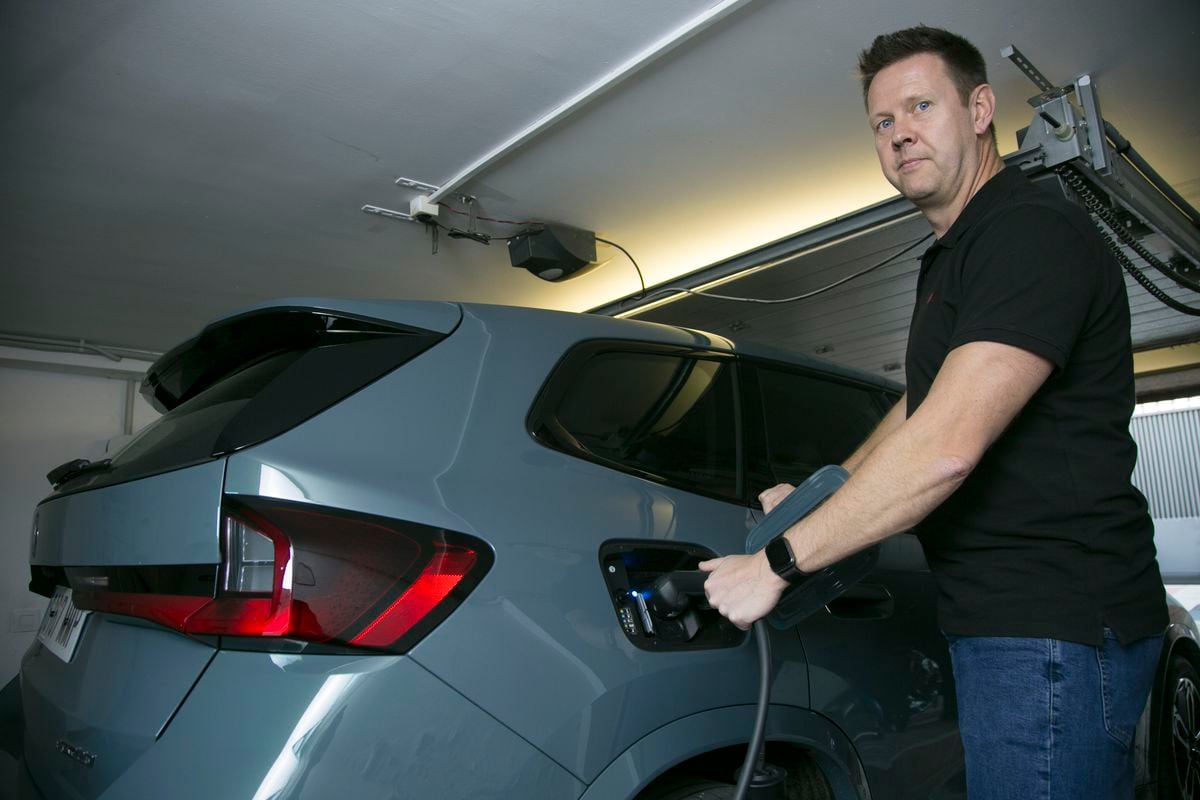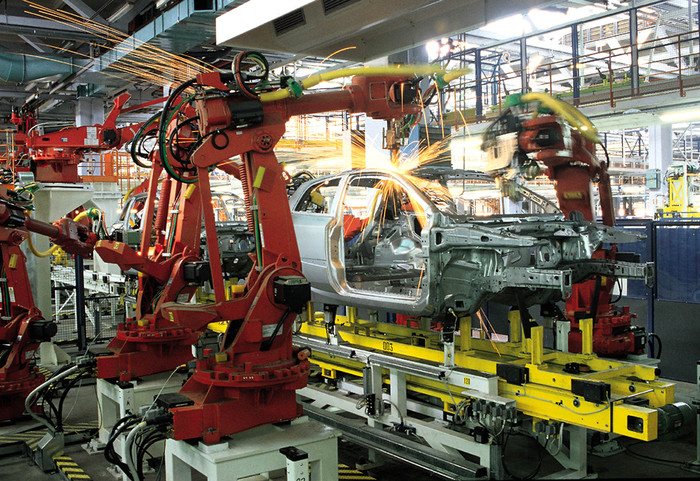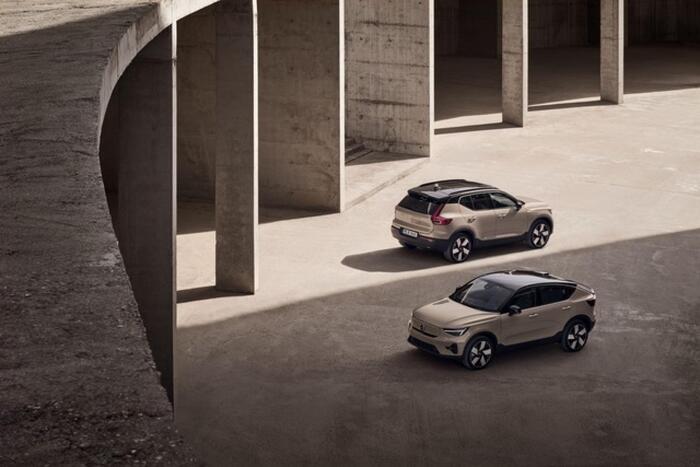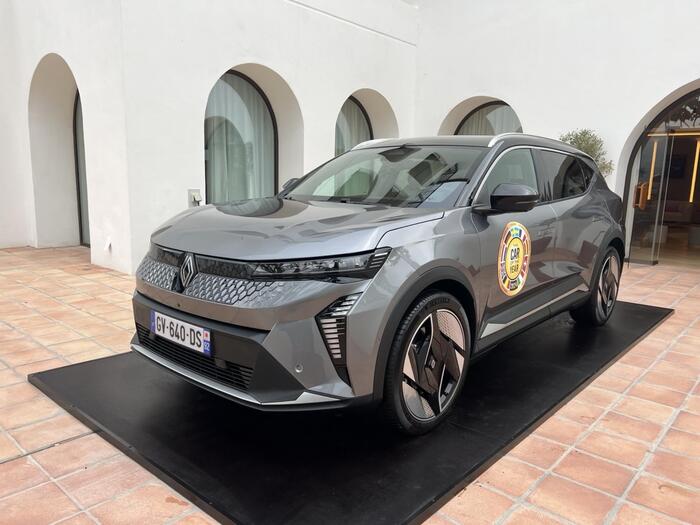The growing diffusion of 100% electric models is accompanied by a worrying contradiction: users, in order to accept the switch to BEV models, ask for increasingly important autonomies, but this involves the use of increasingly larger batteries that have an impact on the environment. which goes exactly in the opposite direction to the aims of electrification. This is what emerges from an analysis published in Great Britain by the Autocar magazine, which made use of a study by the Transport Research Laboratory (TRL) last year and the opinion of some top managers of the auto industry who highlighted their doubts about a strategy that envisages only the transition to 100% electric models. For example, part of the TRL research had shown that only 50% of users would consider buying a BEV if it were able to offer a range of 200 miles, equal to 320 km, but this percentage rises to 90 % with increasing range to 300 miles or 480 km. The use of larger lithium-ion batteries to increase autonomy - we read in the British magazine - however, obliges us to pay a 'price' both in terms of the cost of the electric vehicle and in terms of increasing mass, with the consequence that the extra weight affects the dynamic performance of the vehicle and reduces its efficiency. And above all, the addition of larger batteries increases the CO2 used in the entire life cycle of the electric vehicle - from the extraction of minerals to the disposal of exhausted accumulators - thus affecting one of the environmental advantages of 100% electric propulsion, that of absence of emissions in the use of the car. Some automakers have begun to counter the trend towards larger batteries. Autocar recalls that Mazda has chosen to use in its first production electric car, the MX-30, a 35.5 kWh battery that offers a claimed range of 200 km. '' We do not believe that a very large battery, which means a large and heavy vehicle, - said Joachim Kunz, European head of European research and development at Mazda - is the right direction for the future. The production of batteries involves very high CO2 emissions from the extraction and production of the material. A burden that is much smaller if the battery is smaller. In addition - reiterated Kunz - during use, energy consumption is lower thanks to the car's low weight. '' Mazda's decision is supported by data from the NTS, which shows that the average daily car trip in 2019 was 13.4 miles (21.6 km), a figure that hasn't changed since 2009. Research by the RAC Foundation also found that UK drivers drive an average of 10,377 miles per year, which is 16,700 km It corresponds to about 45 miles per day (72.4 km) and with even more contained values (9435 miles equal to 15,184 km) by owners of electric models.Mazda is not alone in her position. Recently Thomas Ingenlath CEO of Polestar - a company of the Volvo Geely Group - hinted that the range of an electric model must be around 300 miles to '' be competitive '' in the market, but added that the industry '' cannot engage in this race for autonomy and really go in an irresponsible direction ''. Ingenlath added: `` When it comes to making a car more efficient, I agree, but if we're just adding more and more kilowatt hours just to improve the range commercially, that certainly doesn't help us get closer to car sustainability. '' . According to a KPMG survey, 98% of sector executives see sustainability as a key differentiator, compared to 83% of consumers, but it is precisely in the Global Automotive Executive study from which this assessment comes that KPMG itself suggests to manufacturers of automobiles to advertise the CO2 impact of building a vehicle, as Polestar is doing.
Electric car autonomy, increasing it increases the CO2 impact
2020-10-22T08:55:54.118Z
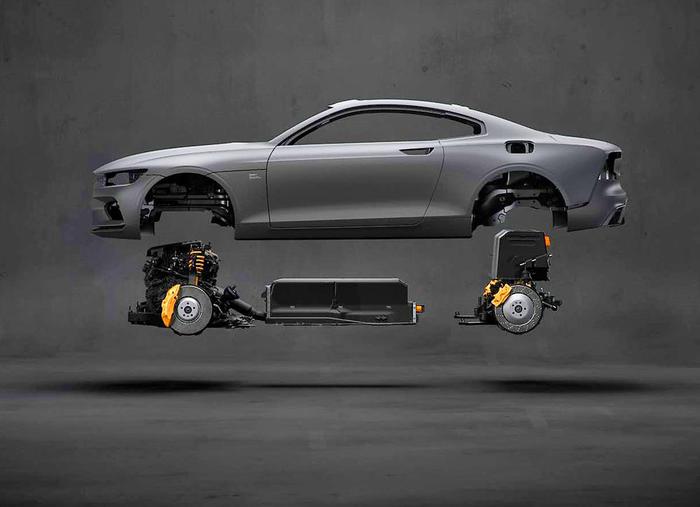
GB analysis, large batteries are heavy and deteriorate efficiency (ANSA) The growing diffusion of 100% electric models is accompanied by a worrying contradiction: users, in order to accept the switch to BEV models, ask for increasingly important autonomies, but this involves the use of increasingly larger batteries that have an impact on the environment. which goes exactly in the opposite direction to the aims of electrification. This is what emerges from an analysis

